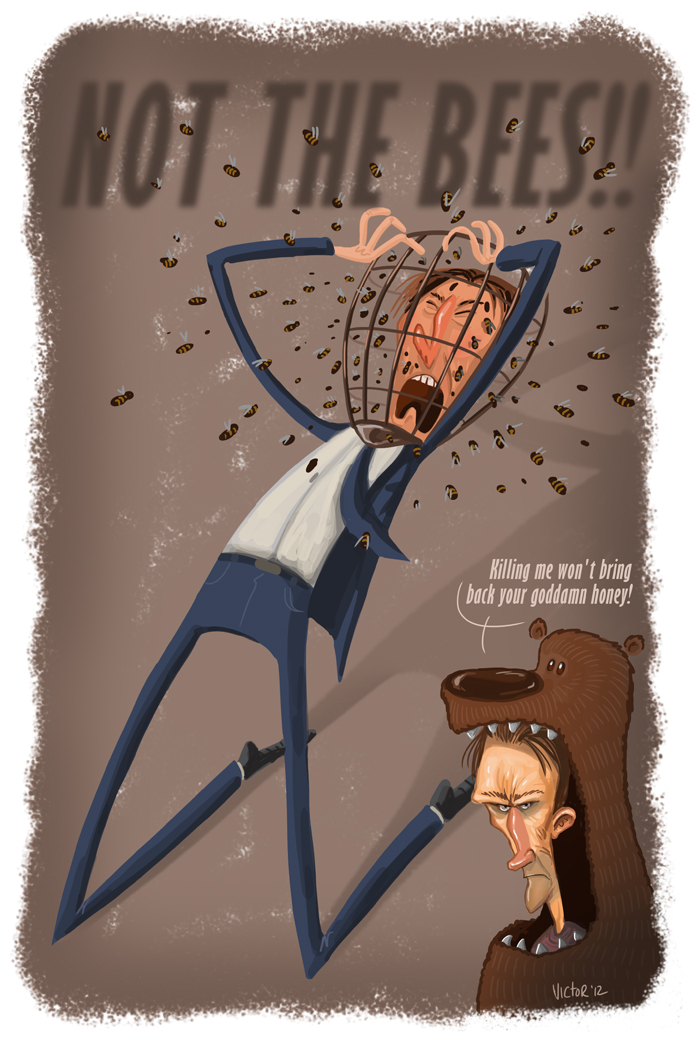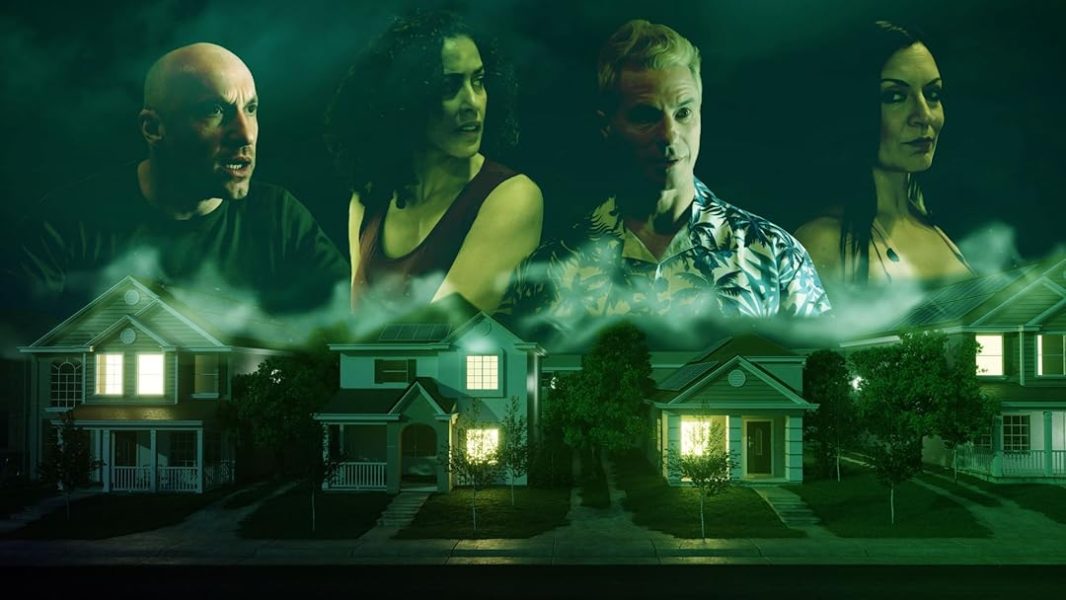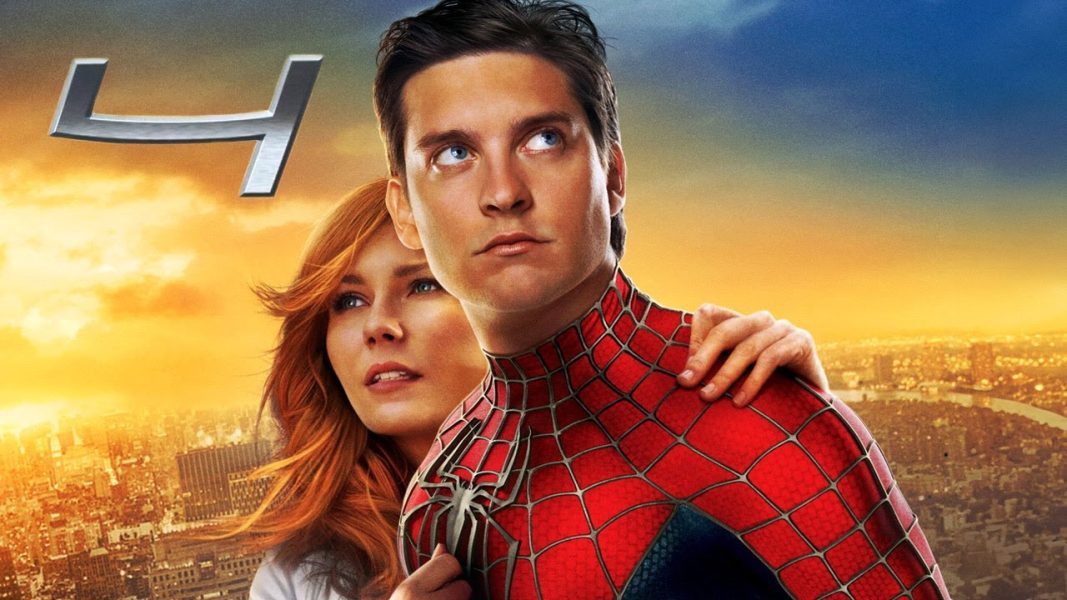The Wicker Man (2006): A horror film sacrificed for a comedy
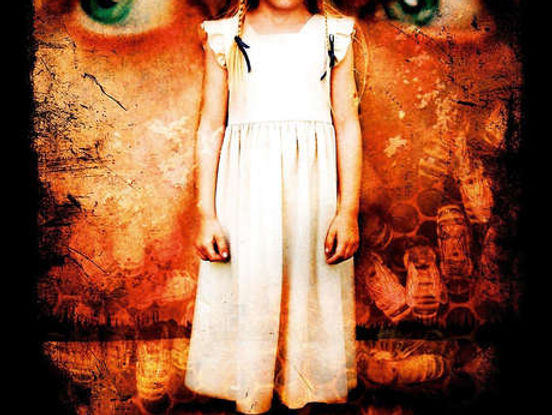
The 2006 film The Wicker Man is a terrible film, but that has become well known at this point. This film has joined the likes of The Room (2003), Troll 2 (1990), and Plan 9 (1959) as one of the premier ‘so bad it’s good’ films. And rightfully so, as the film fails in being tense or scary and instead, becomes a spoof of itself. So the film’s riffability is well known, but does it have any other qualities that make it worth a watch? No, but I’m continuing anyway.
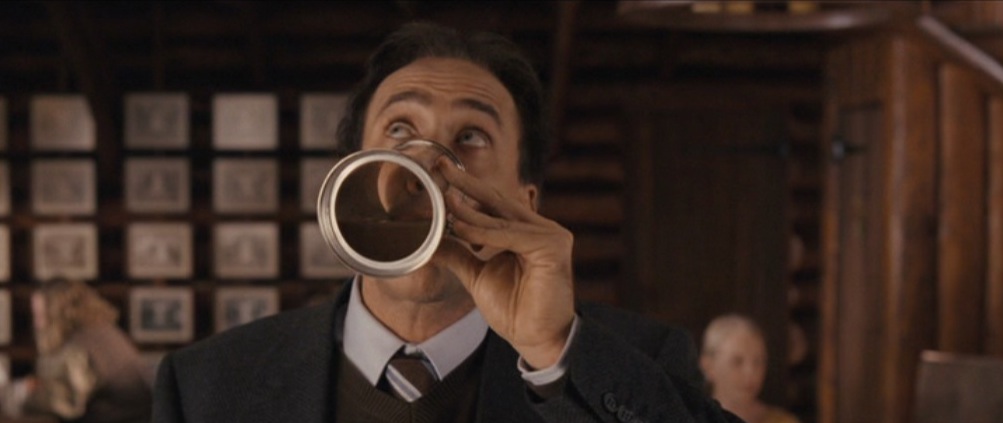
The film follows police officer Edward Malus, played famously by Nicolas Cage, who is sent a letter from his ex-fiancée, Willow Woodward, that she needs his help as her daughter Rowan has gone missing. Malus goes to investigate the island where Willow and Rowan reside, Summersisle, a commune that is known for its honey production, matriarchal governance, and pseudo-pagan beliefs. It quickly becomes clear that Rowan is caught up in a conspiracy to be a sacrifice for the community to get its honey production back on track after a dismal harvest the previous year. So Malus has to put his all into solving the case in order to save Rowan…who happens to also be HIS daughter.
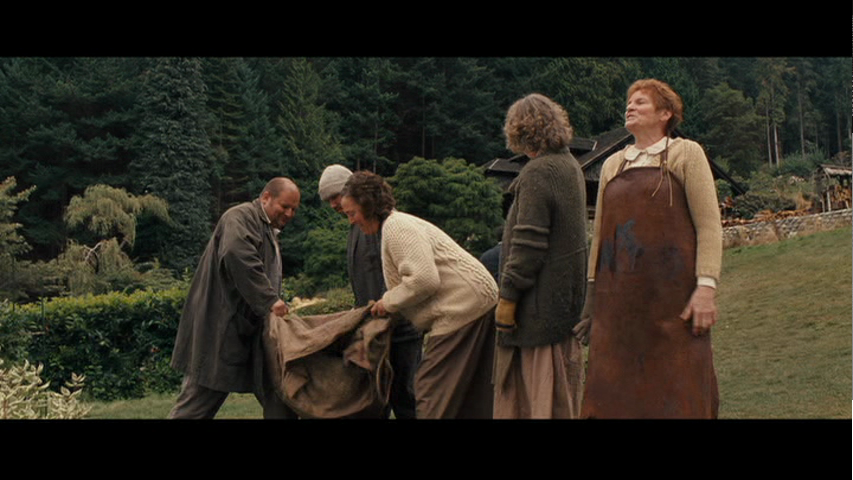
From the outline above, the plot doesn’t look that bad. Unfortunately the execution of said plot is miserable. The story is a mess, especially after the film’s end reveals are made, which is the most well known part of the film. So the twist is that the kidnapping was staged to lure in Cage, because they wished to sacrifice him to ensure that their honey production doesn’t fail. While the writers thought this would fully answer the mystery of the film, it just raises more questions.

The scheme requires so many pieces to just go their way in order for it to work. For example, the opening of the film, where Cage fails to save a mother and her child from a car explosion, is revealed to have been a part of the plan. One, how did they live? The car explodes with little time for an escape, plus the girl is still in there seconds before it explodes! What if Cage died from the explosion? Do they just have alternative sacrifices saved up? Two, how did they know that the truck was passing by when it did? Did they have trial runs where they counted how long it took? Was the driver in on it? And three, even faking a car crash must have given one of them some injury. The truck was going like forty miles per hour. That still leaves plenty of room for an actual injury and potential death. Were all parties involved just fine with potentially dying? This whole sacrificing plan is occurring because of a bad harvest, but it is stated outright that it had never failed before. So why did they have this in the works for years? Do they have precognition? Trying to fully make sense of this film’s plot is just an exercise in futility.

The performances are not doing any favors. The actresses playing the island’s residents are clearly trying to be unnerving, but usually come across as silly. Each one has some bit of stupid insanity to them, like the old twins who always speak in unison to the schoolteacher who really likes quoting Don Quixote. But the real performance of note is Nicolas Cage, whose performance has become legendary. He is so over the top that he comes off as some madman, who randomly freaks out throughout the film: shouting at children, going from speaking normally to being rude in a few seconds flat. It seems like his character becomes more unhinged as the film goes on, with him running around the island breaking into houses, shouting at residents that his job justifies his break-ins (despite him being a cop from 2 states away), and just punching out several women which all manage to be hilarious.
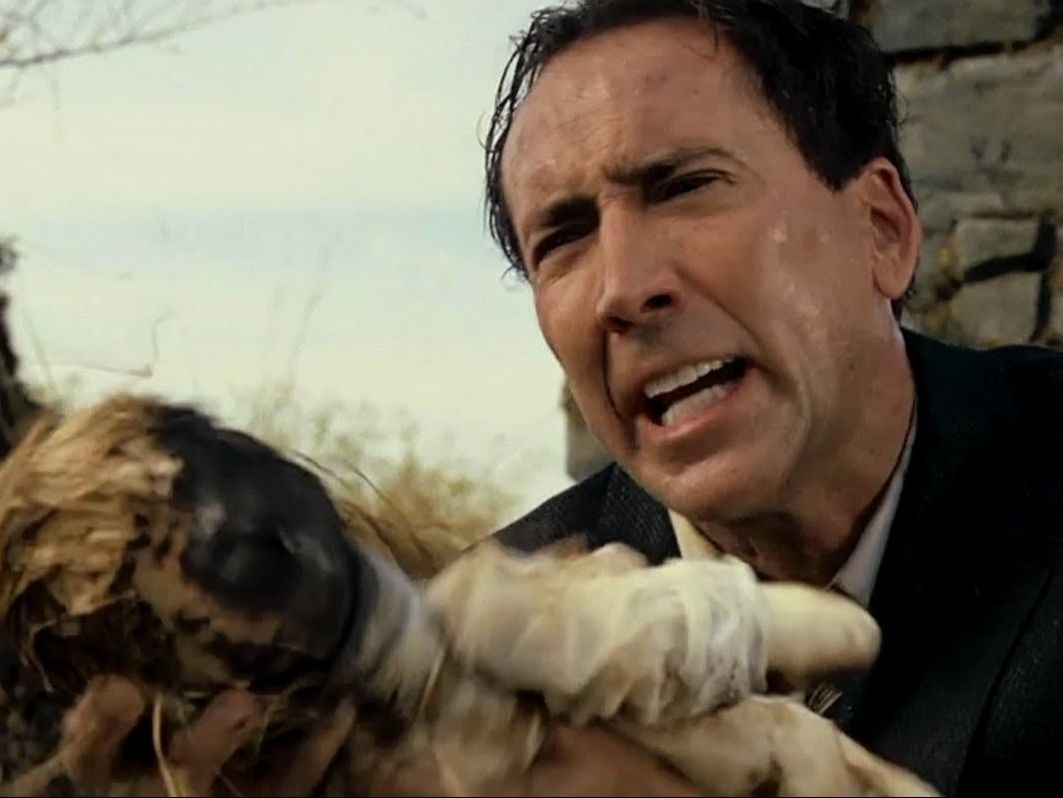
The editing is actually not bad…if the film were a comedy. However, it fails as a suspense/horror film. The film lacks any real tension or fear, not even the jumpscares get a jolt of panic out of the viewer. The direction, acting, and editing all combine to make it all look silly. Nick Cage comes across as just an erratic idiot and jerk with some very questionable ability to make decisions. He never once made me believe he was competent in any way. The film clearly was trying to make some jab at feminism. However, all they proved is how little they know about the movement, let alone saying anything insightful about it. The entire ending fails to come off as disturbing, and is made worse by Nick Cage having way more lines than he needed, with them mostly stating the obvious, trying to reason with the cultists (which has a zero percent chance of working), and also shouting nearly all of his lines.
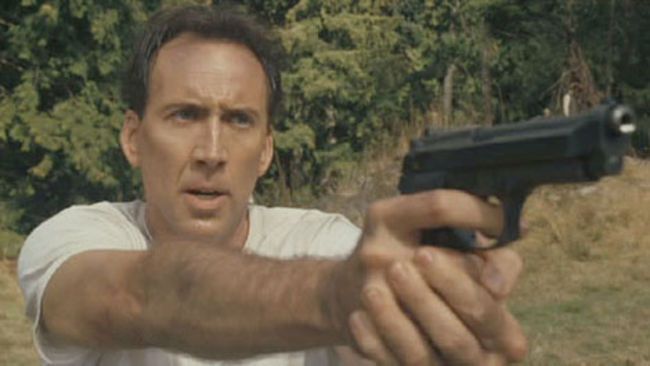
Why is the film like this? It wasn’t like the film was doomed from the start, as the story worked really well in the original.….oh yeah, this film is a remake. An American remake of a British film. The original The Wicker Man was released in 1973 and is considered one of the best films of the year by many. And considering the many background nods to the original, like changing the last names of Rowan and Willow to be the same as the lead in the original, Edward Woodword, the film was clearly well-liked by those remaking it.
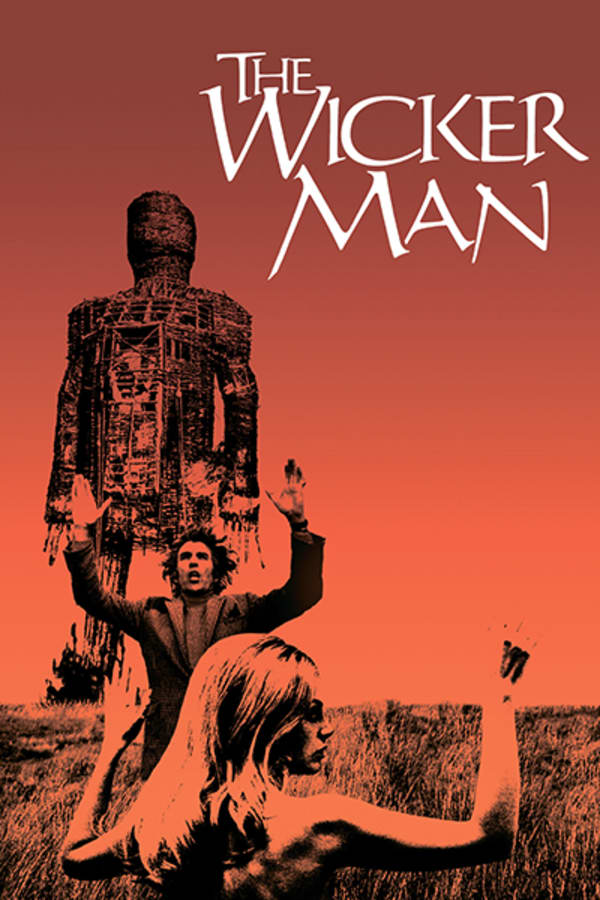
On paper, the two films are similar in both aesthetic and dialogue. But the differences are clear from the start and end of both films. While the remake spends the first 10-20 minutes to reach the island, the original makes the trip to the island in the opening credits and sets the audience into the main plot quickly, rather than using a fourth of its runtime to set up. Near the end of both films, the lead searches every house on the island. While both of these scenes are identical in both the information conveyed and general structure, they differ with execution. The remake shows Cage acting over the top, but because of this behavior and lack of jurisdiction, makes him look like some madman terrorizing innocent households. In the original, Howie doesn’t have any Cage-like freakouts despite being very frustrated. Also he actually has legal jurisdiction and has been using it to get information throughout the whole film, coming off as a dedicated policeman trying to save someone in an infuriating town.
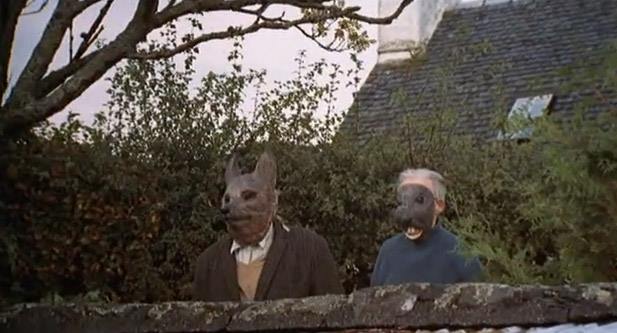
The setting of the film, takes place in Scotland rather than Washington. The whole matriarchal structure of the location in the remake is completely absent from the original, which is clear with the main villain, Lord Summerisle, who is played by the late-great Christopher Lee. The twist is the same as the remake, but makes a lot more sense since the plan was mostly contained to the island. It also was never implied to have been in the works for years and was just done after the unexpected crop failure, which is more likely here due to the climate of the island. Oh, and the island is known for its fruit rather than honey, so no bees.
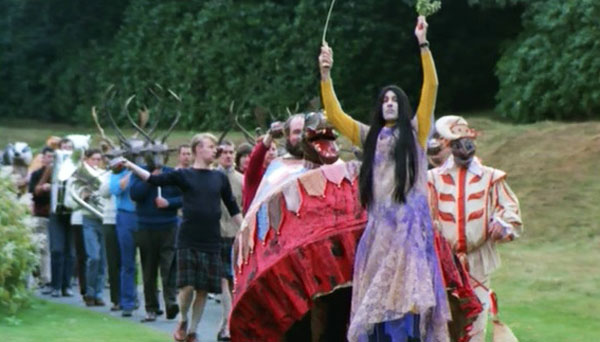
The original has a much different feel compared to the remake. While the remake fails at being a horror film, the original feels much more down to earth and serious. The cast is believable in their roles, the residents of the island feel more normal, which makes the truth of what is going on much more frightening. In exchange for the loveable madness of Nick Cage, we get a no-nonsense officer who is a dick for actual reasons rather than being unhinged. He doesn’t bring that many laughs, but he actually gives a solid performance.
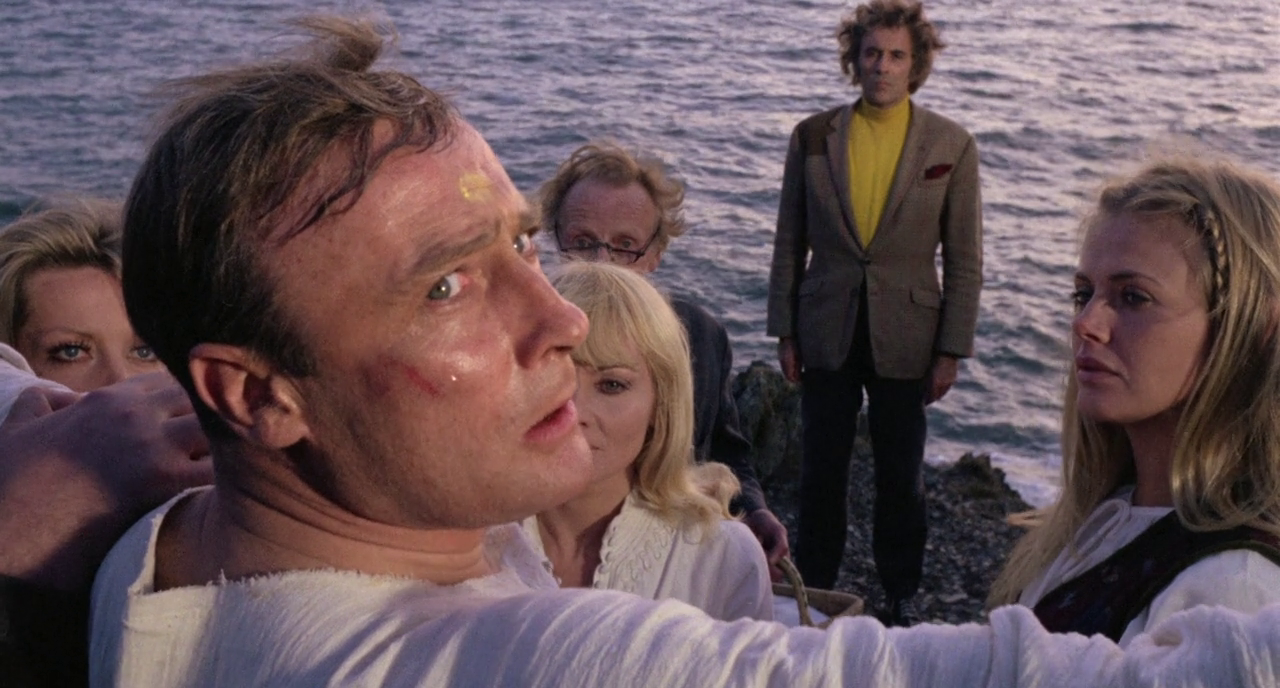
The two films have many differences, but one of the most important is the film’s themes, ideas, and music. I’ll start with the latter. The film has a much better and more interesting soundtrack, made of folk songs that are traditional songs, original compositions, and a nursery rhyme. The music plays in many scenes with thematic or story relevance. Quite honestly the music is so prevalent to the film’s identity and tone that the film could probably be considered a musical. The film could probably also pass as either a police procedural or a mystery. Some even question if the film is horror at all.
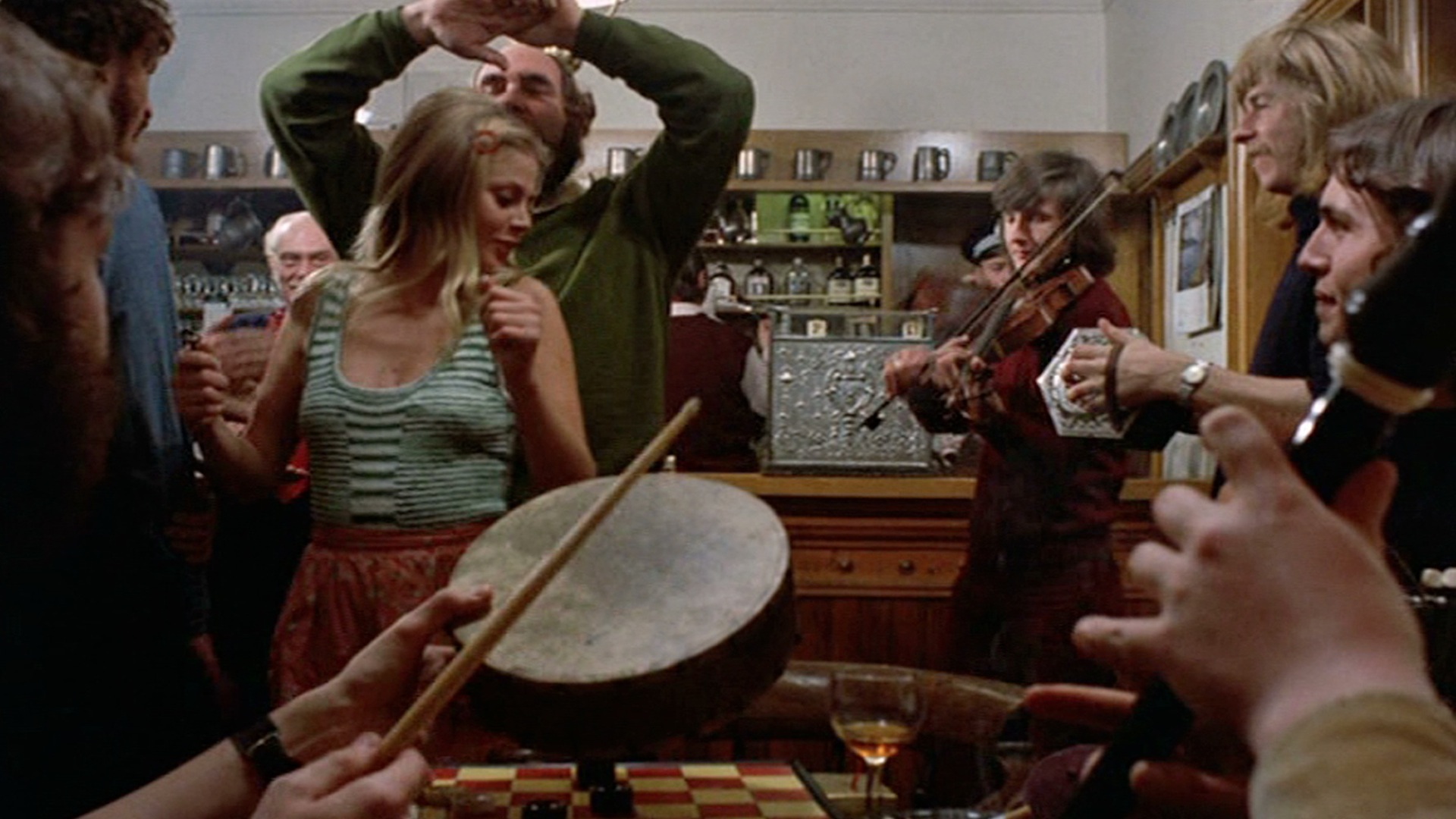
The themes of the film are completely different from the remake. Unlike the anti-feminist message of the remake, the original tackles the issues of sex and religion. Howie is a devout Christian, however Summerisle’s residents follow a neo-pagan religion that is much more open about sex than Christianity, to the point that people are having sex in the streets at night. Howie is appalled by this, and is very open about his disgust. This clash of faiths is at the core of the film, as Howie’s hostility towards the residents is only heightened by this conflict. Sexuality is prevalent throughout the film. The population discusses sex openly, teach sexual elements to their children and even have a woman have sex with a boy for his first time, though we only hear them. There are also several scenes with nude women, and Howie’s concerns and comments are usually brushed aside by the residents. The music also is overt with its sexual content, tying sex into its fabric.
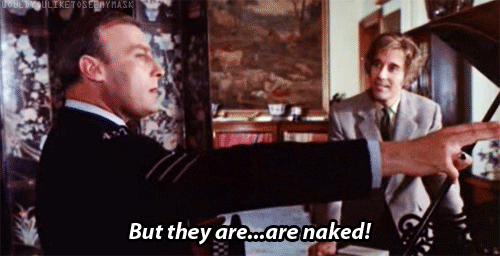
To conclude, if you want to watch an entertaining bad film, then 2006’s The Wicker Man is a great choice. However if you want a good horror film, just watch the original. If you want a more modern horror film that is similar to the original The Wicker Man, then just go watch Ari Aster’s Midsommar (2019). While it doesn’t share many of the religious themes, it has the spirit of the original in many ways, and is probably the closest we will get to something like it, much more than the remake, which the original now has to share its title with- a beloved classic sharing with the unintentionally comedic joke of a film. Sadly, the original could have been stuck with worse.
